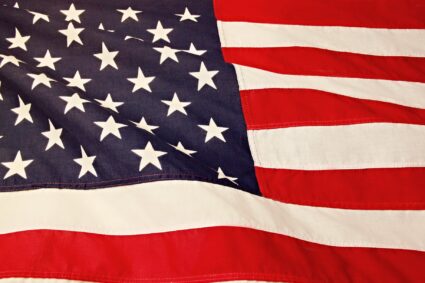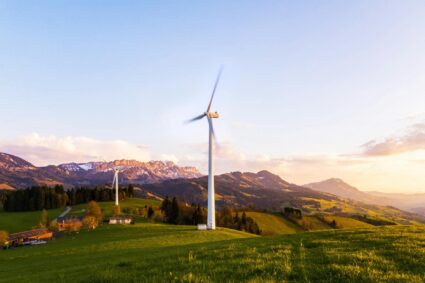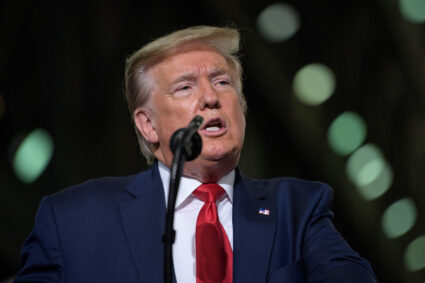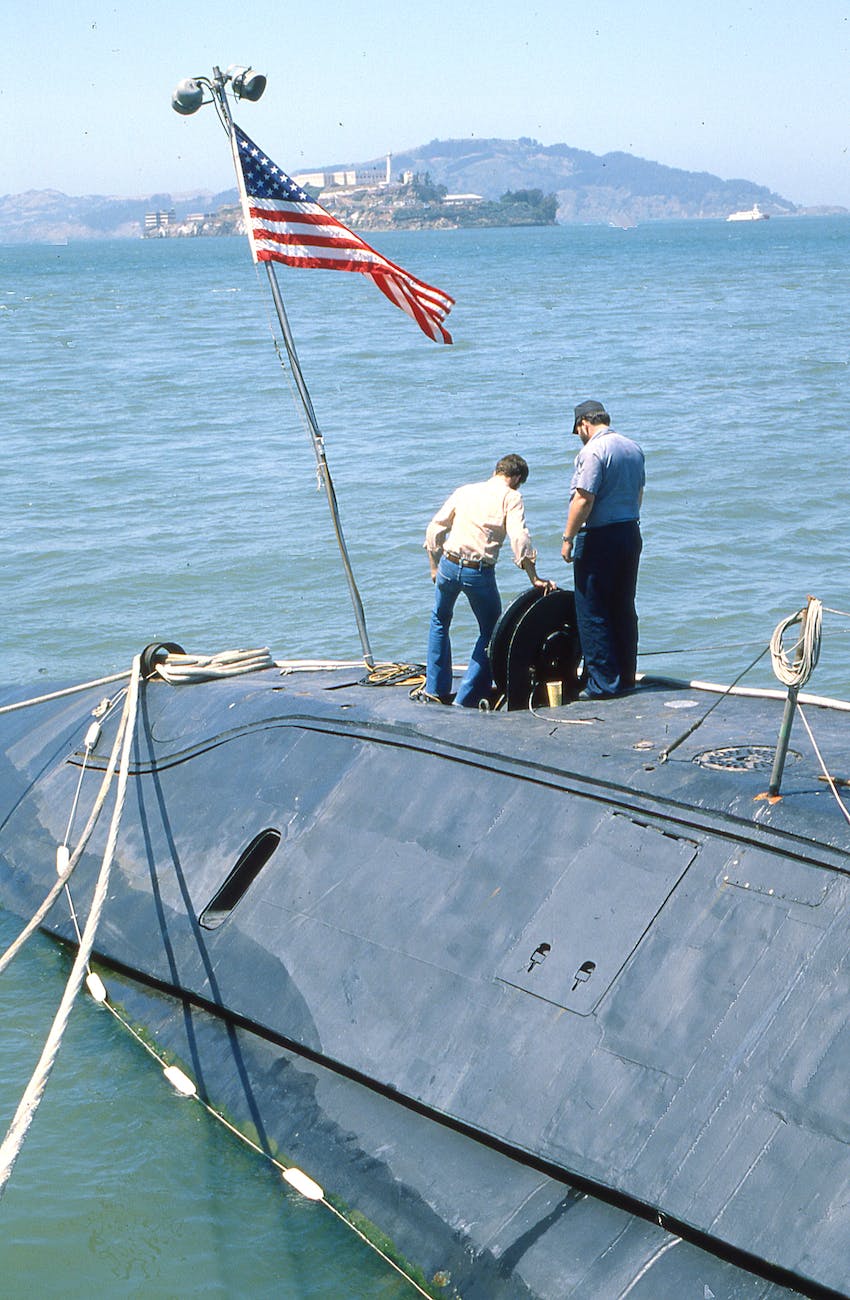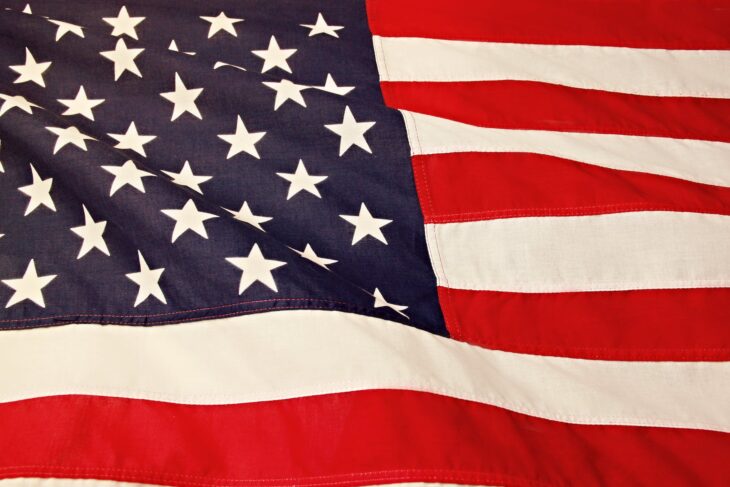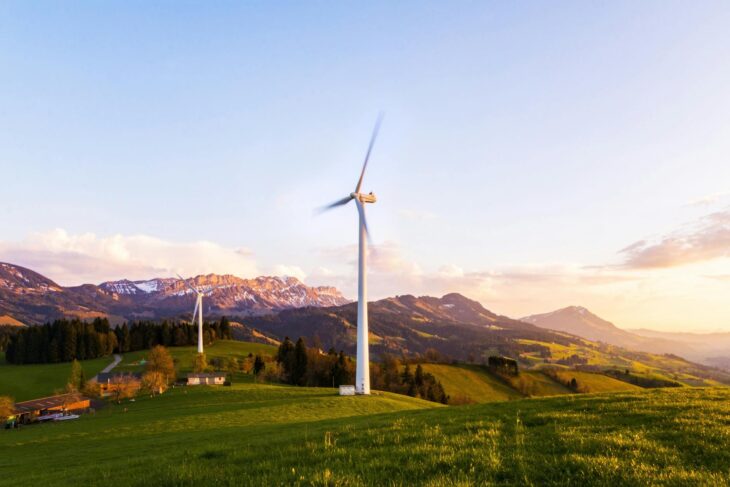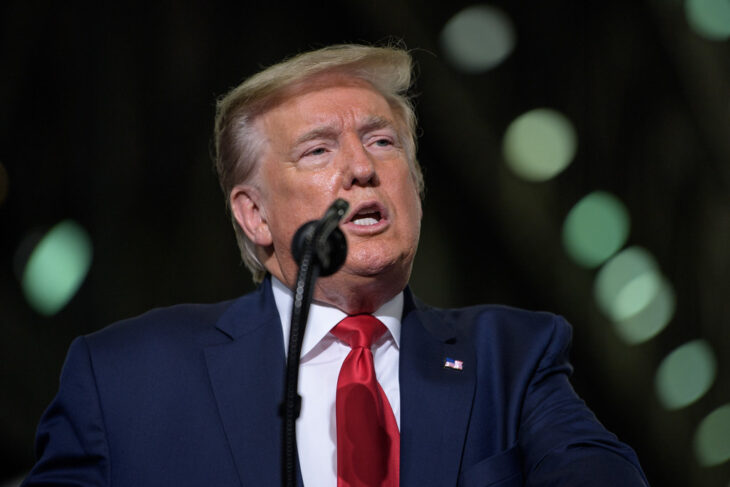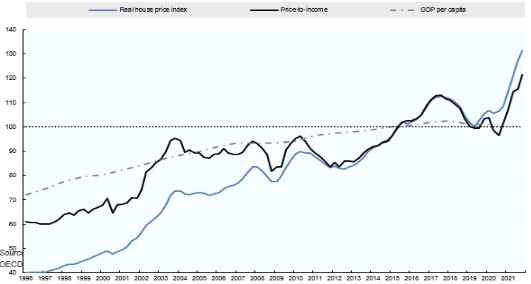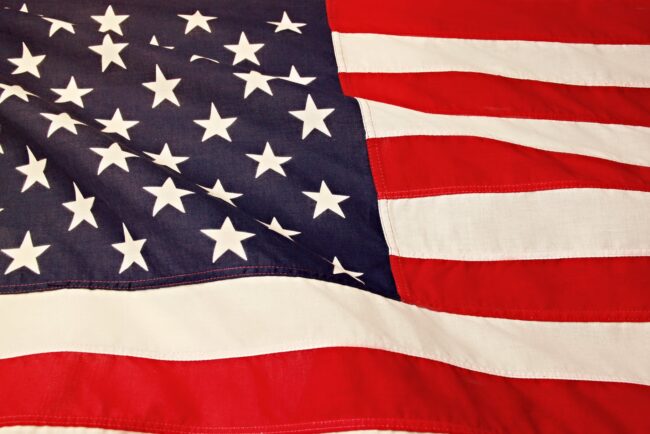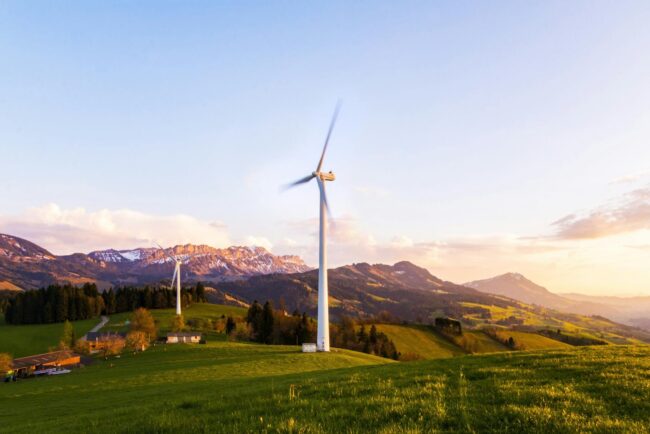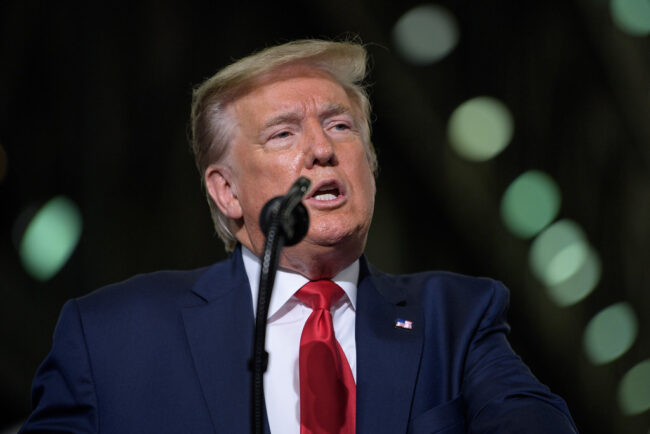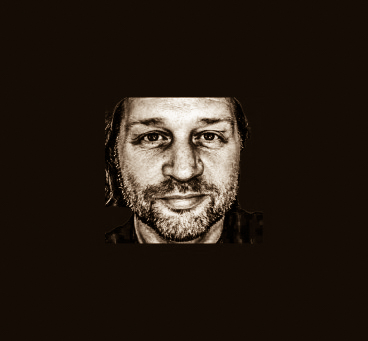
We white folk live in a cocoon of well-off whiteness. We wander our white streets in search for bargain based happiness. Our mainly white suburbs buzz with the sound of expensive cars making their way to and fro from homes to high streets. Shopping centres are palaces of well-appointed materialism, where we frequent for retail therapy. Lives are lived with the sole purpose of endowering ourselves and offspring with wealth and comfort. It is not a bad lot for the most part, indeed, we share the good life in pursuit of reasonable amounts of pleasure. Only 1 in 6 Aussies interact with an Indigenous Australian. What does that say about Australia? Some of us white folk are doing it tough right now, but doing it tough when you are Aboriginal is in another league all together. Cost of living crisis – many First Nations folk can tell you what that is really like over generations.
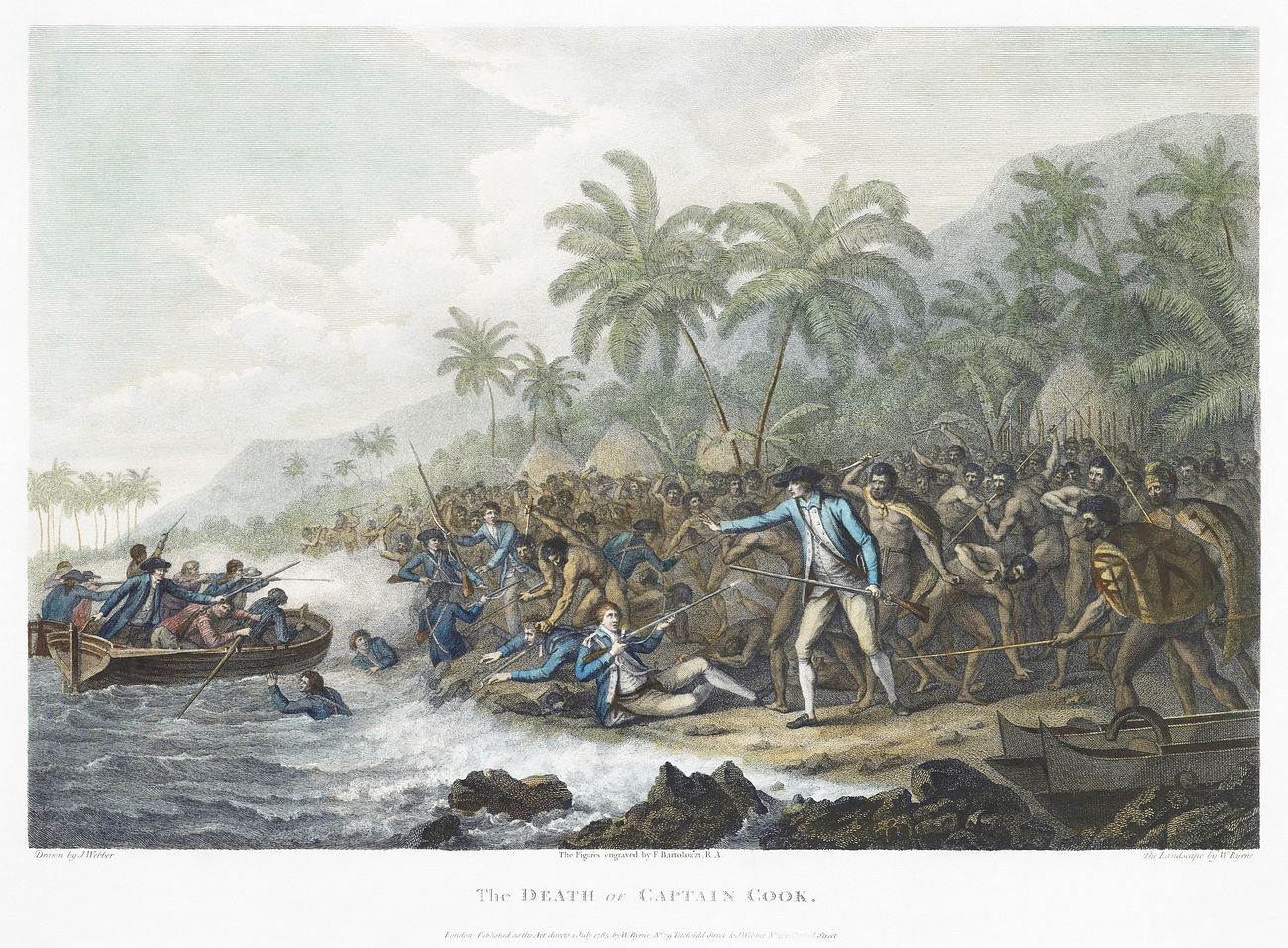
Another imagining of a seminal Captain Cook moment – Spreading the Colonial joy!!!
White Australia
Australia is an outpost of whiteness on the edge of the Indian and Pacific oceans. It was not always, as the original inhabitants of this place had skin colours designed to match the climate. Captain Cook led the way for the Anglosphere in meeting the First Nations people of this large island continent.
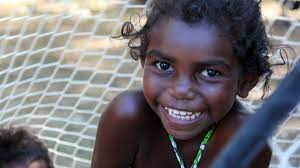
“The tale of James Cook sailing the Endeavour into Botany Bay is familiar to most Australians. But 250 years on, the descendants of the Aboriginal people who first spotted the English explorer’s ship say the history books got at least part of the story wrong. Our understanding of the events that unfolded on the afternoon of April 29, 1770 come mostly from the journals of Captain Cook and his crew. They describe sailing into the harbour and being threatened and warned off by the Indigenous people on the shore. Sydney Parkinson, a young artist employed on the ship, wrote in his journal that local men made threatening gestures with spears and yelled the words “warra warra wai.”
He presumed that the words meant “go away,” and so for many years his diary entry defined the story of first contact between Aboriginal people and the British. Now the Dharawal people are sharing their story. They say the real meaning of those first recorded Indigenous words has been misinterpreted. “Warra is a root word for either white or dead in our language,” said Ray Ingrey, a Dharawal man and La Perouse Local Aboriginal Land Council deputy chairperson.
“Over time, because of outsiders trying to tell our story for us, it’s just being translated into different parts as ‘go away’.
“If you are outside our community and trying to look in, you will think it means ‘go away’ but for us it means ‘you’re all dead’,” he said.
While those words might sound threatening or morbid, Mr Ingrey said it was likely just a warning to other locals at the time.”
The Dharawal people, who encountered Cook, were not warning off the British but remarking on their whiteness and likely manifestation from the spirit world. Ghost people have graced our shores, thought the local Aboriginal people at the time.
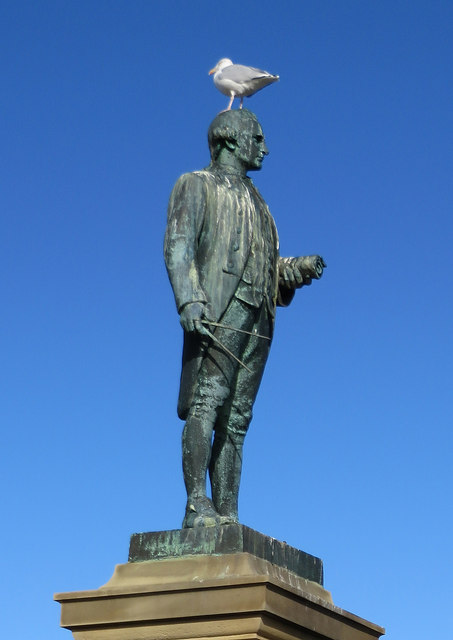
Shitting on icons of colonial history!
Whitey Voting Whether We Recognise First Nations
It is a good thing to remember this early encounter between the European invaders and the original inhabitants. Especially now, as we prepare to vote on the referendum regarding a Constitutional recognition of the First Nations inhabitants and a voice to parliament for their descendants. Australia, as a nation, has failed to do these basic requirements and the relationship has festered at its core. A lack of respect for the Indigenous peoples of Australia has been born out of this first meeting and subsequent ongoing encounters. Subjugation has been the order of the day and this has morphed into neglect and indifference.
It is time to begin to put things right. We white folk can vote Yes. Yes opens doors and No closes them.
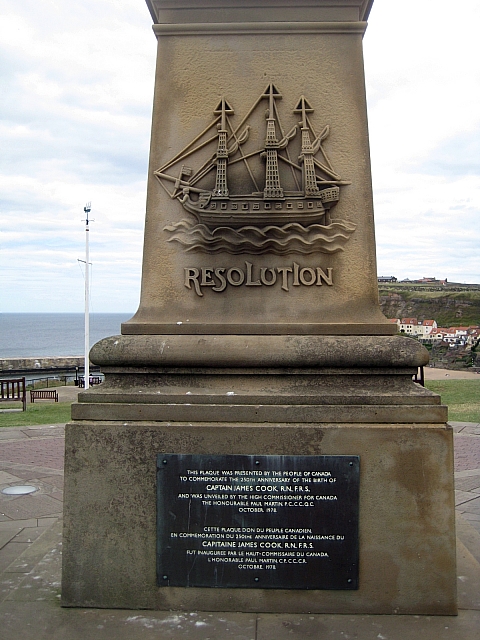
We will not know what wonderful things may emerge out of vesting Indigenous Australians with a voice regarding their own fate. You can buy into the fear peddling campaigns coming out of the usual suspects – Peter Dutton, the Libs, Nat’s and Sky News Australia. You can shut down this opportunity out of your supposed self-interest, despite this vote not being about you.
Or you can vote Yes. The sky will not fall in, but it may begin to improve things for First Nation’s Australians.
What about the Aborigines voting No?
Warren Mundine and Jacinta Price are conservative politicians out to defeat this referendum on the basis that it was put forward by Anthony Albanese and the ALP. They are entitled to their opinion but it does not make them the voice of Aboriginality. The Coalition knocked back the Uluru Statement from the Heart for 10 years, whilst they were in government. What have they done for Indigenous Australians to close the gap. The Voice to Parliament could be a game changer – but we will never know if we don’t give it a go. Vote Yes on October 14th, 2023.
Robert Sudha Hamilton is the author of Money Matters: Navigating Credit, Debt, and Financial Freedom.
©Midas Word
-
Product on sale
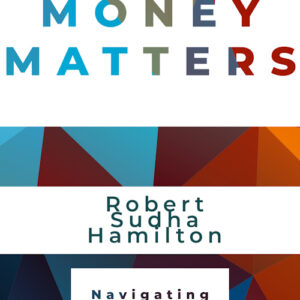 Money Matters: Navigating Credit, Debt & Financial Freedom MOBI formatOriginal price was: $14.99.$11.99Current price is: $11.99.
Money Matters: Navigating Credit, Debt & Financial Freedom MOBI formatOriginal price was: $14.99.$11.99Current price is: $11.99. -
Product on sale
 Money Matters: Navigating Credit, Debt & Financial Freedom PDF formatOriginal price was: $14.99.$11.99Current price is: $11.99.
Money Matters: Navigating Credit, Debt & Financial Freedom PDF formatOriginal price was: $14.99.$11.99Current price is: $11.99. -
Product on sale
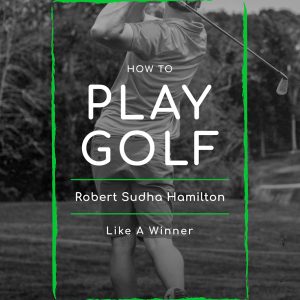 How To Play Golf: Like A Winner EPUBOriginal price was: $7.99.$5.99Current price is: $5.99.
How To Play Golf: Like A Winner EPUBOriginal price was: $7.99.$5.99Current price is: $5.99. -
Product on sale
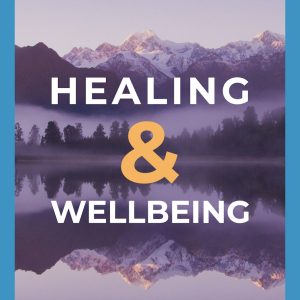 A Guide to Healing & Wellbeing EPUBOriginal price was: $10.99.$8.99Current price is: $8.99.
A Guide to Healing & Wellbeing EPUBOriginal price was: $10.99.$8.99Current price is: $8.99. -
Product on sale
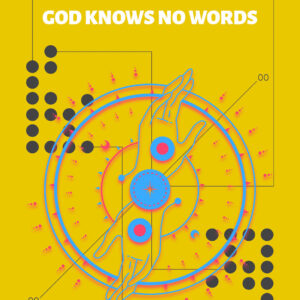 SpeakTruth: God Knows No Words EPUBOriginal price was: $10.99.$8.99Current price is: $8.99.
SpeakTruth: God Knows No Words EPUBOriginal price was: $10.99.$8.99Current price is: $8.99. -
Product on sale
 A Guide To Healing & Wellbeing PDFOriginal price was: $10.99.$8.99Current price is: $8.99.
A Guide To Healing & Wellbeing PDFOriginal price was: $10.99.$8.99Current price is: $8.99. -
Product on sale
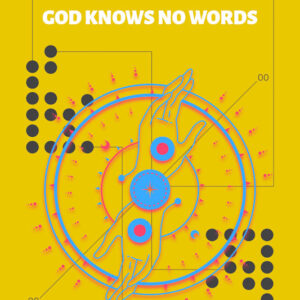 SpeakTruth: God Knows No Words PDFOriginal price was: $10.99.$8.99Current price is: $8.99.
SpeakTruth: God Knows No Words PDFOriginal price was: $10.99.$8.99Current price is: $8.99. -
Product on sale
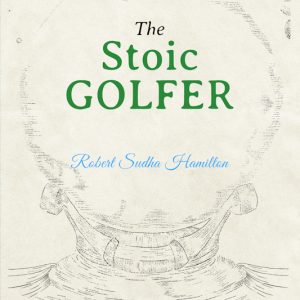 The Stoic Golfer: Finding Inner Peace & Focus on the Fairway PDFOriginal price was: $10.99.$9.99Current price is: $9.99.
The Stoic Golfer: Finding Inner Peace & Focus on the Fairway PDFOriginal price was: $10.99.$9.99Current price is: $9.99. -
Product on sale
 The Stoic Golfer: Finding Inner Peace & Focus on the Fairway EPUBOriginal price was: $10.99.$9.99Current price is: $9.99.
The Stoic Golfer: Finding Inner Peace & Focus on the Fairway EPUBOriginal price was: $10.99.$9.99Current price is: $9.99.
